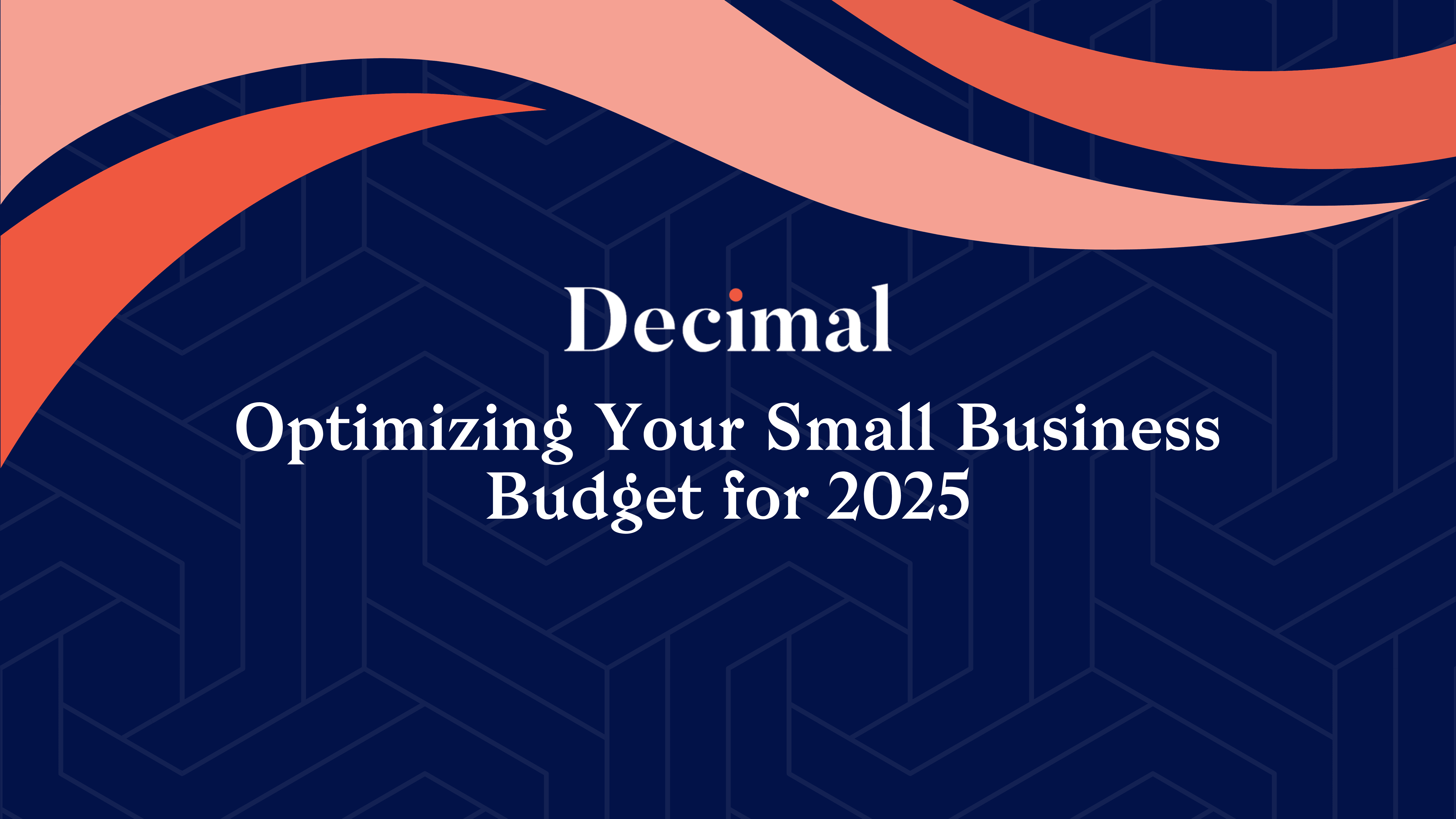1. Start with a Clear Financial Overview
Before diving into the specifics of your 2025 budget, start with a clear understanding of your current financial position. Review your income statements, balance sheets, and cash flow reports from the previous year. This provides insight into trends, areas of improvement, and potential risks.
Identify the major sources of revenue and any areas where expenses could be reduced or optimized. Understanding where your business stands financially will help you make informed decisions as you move forward.
2. Set Realistic Revenue Goals
Setting revenue goals is one of the most important aspects of your budget. Ensure your targets are based on data, such as historical sales trends, market conditions, and any anticipated changes in customer demand or pricing.
Consider external factors such as economic conditions, industry trends, and competitor activities. If you plan to launch new products or expand into new markets, factor in these revenue streams carefully.
Remember that realistic goals will help you avoid overextending resources while also providing enough challenge to push your business forward.
3. Prioritize Essential Expenses
List all your anticipated business expenses for 2025, from fixed costs such as rent and utilities to variable expenses like marketing and supplies. Prioritize your spending based on necessity and expected return on investment (ROI).
Focus on critical areas that directly impact your ability to operate and grow, such as payroll, technology, and customer acquisition. Non-essential expenses should be reviewed more carefully to identify areas where you can reduce or eliminate unnecessary spending.
Implementing a "needs vs. wants" approach to budgeting will ensure you allocate funds to areas that support your business’s core objectives.
4. Plan for Contingencies
Unexpected costs are an inevitable part of running a business. From equipment repairs to market fluctuations, having a contingency fund in your budget helps mitigate the impact of unforeseen expenses.
A good rule of thumb is to allocate 5-10% of your budget for contingency purposes. This ensures you have the flexibility to handle surprises without disrupting your business operations or financial health.
5. Invest in Growth
Your budget should also reflect a balanced approach to investment in growth. Whether it’s hiring new employees, upgrading technology, or expanding marketing efforts, reinvesting in your business is key to maintaining competitive advantage.
Carefully evaluate potential investments by considering their ROI. For instance, if you plan to invest in new software, evaluate how it will improve operational efficiency or customer satisfaction. If you aim to increase sales, allocate sufficient funds for marketing campaigns or sales training.
By investing wisely, you can ensure your business grows sustainably without overextending your financial resources.
6. Monitor and Adjust Regularly
A budget isn’t a static document—it’s a tool for continuous evaluation and decision-making. Set aside time each month or quarter to review your financial performance against your budget.
During these reviews, look for variances between actual and forecasted figures. If your revenue is higher than expected, decide whether to reinvest in the business or save for future expenses. If you’re exceeding your budget in certain areas, investigate the cause and consider cutting back or finding ways to streamline spending.
Adjusting your budget regularly allows you to stay on track and adapt to changing circumstances.
7. Incorporate Tax Planning
Effective tax planning should be an integral part of your 2025 budget. Ensure that you set aside sufficient funds for taxes based on anticipated profits, and look for tax-saving opportunities, such as deductions and credits.
Consider working with a tax advisor to help you optimize your tax strategy. Proactively addressing taxes in your budget prevents last-minute scrambles and ensures you’re prepared for any tax obligations throughout the year.
Conclusion
Optimizing your small business budget for 2025 is more than just a financial exercise; it’s a vital part of your business strategy. By setting clear revenue goals, prioritizing essential expenses, planning for contingencies, and investing in growth, you can position your business for success. Regularly reviewing and adjusting your budget ensures it remains a relevant and effective tool as you navigate the year ahead.
If you’re looking for expert guidance to simplify your tax filing process, schedule a time with a Decimal expert at https://www.decimal.com/contact-us.
Getting started in days.
Ready to simplify your accounting? Schedule a call with our team and explore your options. We’d love to hear from you!

